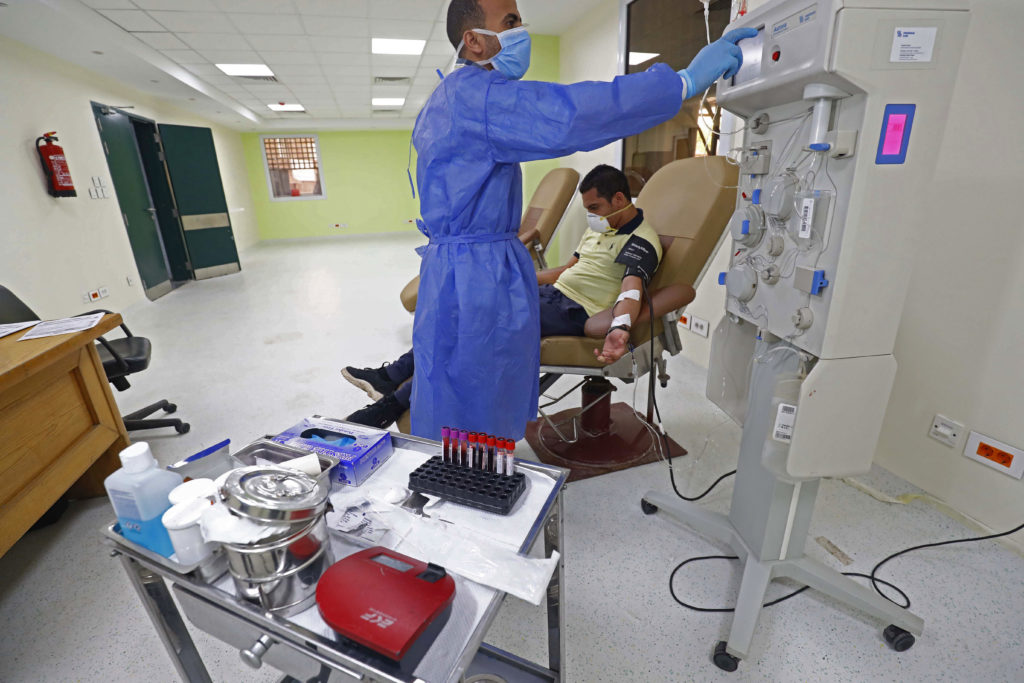São Paulo – When Egyptian doctor Andrew Saad was faced with an elderly patient on his hospital ward, complaining of vague abdominal pain but with no medical history on hand to guide a working diagnosis, the freshly graduated Egyptian doctor realized just how scary it can be for patients and medical providers when details are scarce during an emergency.
The incident motivated Saad to search for an inventive way to get health records into the hands of medical professionals quickly during an emergency — particularly in cases where a patient is unconscious, in a poor mental state or is unaccompanied.

“Health records are usually kept at the hospital and are not typically available with the patient whenever he or she presents to another medical provider in case of an emergency,” Saad explained. The portability of medical records is a problem that extends across the Middle East and North Africa (MENA) region and even in developed countries.
Saad and his five business partners joined Egyptian accelerator program Falak Startups and launched Bypa-ss. The company offers a unified medical ID card connected to an online platform where medical records are saved and can be accessed by medical providers. “The initial market response was very encouraging,” Saad said.
The system supplies basic medical information such as blood type, allergies, and chronic medical conditions. It offers free software for medical providers, as well as free technical support to enable them to communicate with the online platform to save patients’ medical data, and other needs. Some providers will also offer discounts for cardholders. The startup currently has more than 1,000 partners among laboratories, hospitals, clinics and pharmacies.
The COVID-19 pandemic has made the company’s customer base grow faster, but its revenues declined as many medical providers, particularly smaller clinics, ceased operations during Egypt’s enforced lockdown period. The company responded by directing more of its efforts to boosting online services. The startup is also moving its network beyond Cairo and Alexandria.
With information from Saudi newspaper Arab News.
Translated by Guilherme Miranda




